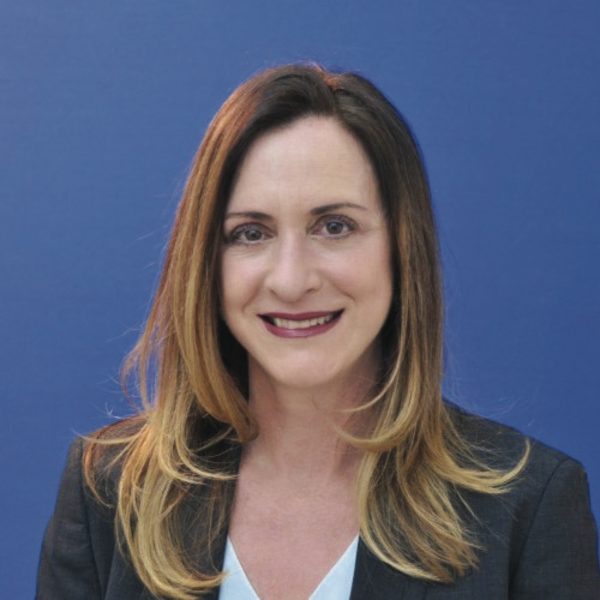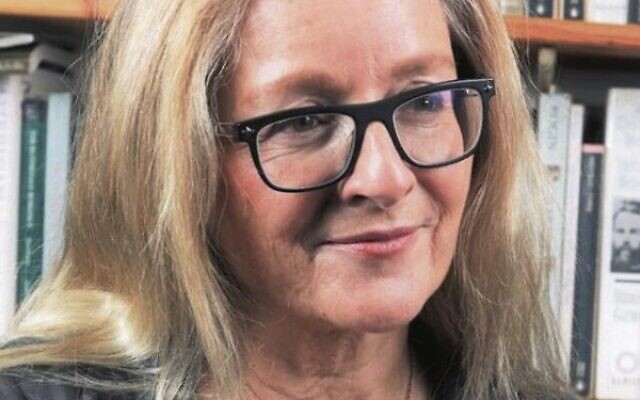TAU leaders meet Australian health leaders at AICC
Israeli companies join annual list of the world’s most innovative companies.
The AICC was delighted to recently host a roundtable discussion with prominent Australian health leaders from across the hospital, university and business sectors to meet with Professor Milette Shamir, vice-president international and Professor Karen Avraham, the dean of the Faculty of Medicine at Tel Aviv University and the first woman to be appointed to this position.
Avraham is acknowledged as one of Israel’s top scientists and was recognised as one of the 50 most influential women in Israel in 2023.
Shamir noted that Tel Aviv University is ranked second globally – after Stanford University – in producing founders who create unicorns (privately held companies with a value of over $US1 billion).
Avraham noted how entrepreneurship is incorporated into the curriculum of all faculties at the university including medicine, and that most students at Tel Aviv University can include an entrepreneurship cluster as an integral part of their studies for a degree, thereby acquiring tools for establishing their own startup companies, which in the future may become unicorns.
Professor Shamir spoke about the strategic and general partnerships that Tel Aviv University has established with major universities around the world. The AICC hopes that through the connections and ideas shared at this roundtable event, there will be an opportunity to further expand collaborations with prominent Australian universities, research institutes and health organisations also.
Israeli companies join annual list of the world’s most innovative companies
US magazine Fast Company, which focuses on technological innovation, has included Israeli high-tech businesses among its prestigious annual list of the world’s most innovative companies.

Photo: LinkedIn
From the list of companies from around the world, four are Israeli, joining the ranks of industry titans such as Google, Microsoft, Nvidia and OpenAI.
Ranked at 43 on the top 50 list, Viz.ai is an eight-year-old medical imaging company that helps optimise emergency treatment using AI deep learning technology to analyse CT scans, automatically detecting and alerting physicians to early signs of life-threatening illnesses such as stroke and pulmonary embolism. Viz.ai’s technology saves precious minutes – 39.5, according to a recent study – between the patient’s arrival and their treatment. Today, its technology is in use in over 1500 American hospitals.
Papaya also made the list with its AI-powered payroll validation engine that enables companies to pay workers in local currencies regardless of where they are based, providing connectivity with existing payroll systems. This technology allows global organisations to scale their workforce while remaining protected by Papaya’s compliance and liability capabilities.
UVeye was included in the list and uses AI, machine learning and sensor technologies to create its automated vehicle inspection system for the automotive and homeland security industries. Its drive-through systems have a 96 per cent accuracy rate in detecting issues like rust, tyre tread warnings, broken exhausts and leaks, and can detect external and mechanical flaws and identify anomalies, modifications or foreign objects, both along the undercarriage and around the exterior of the vehicle.
GrayMattersHealth is a Haifa-based company that develops digital training therapies to help the brain regulate mental health care using an FDA-approved device – an electrodes-laden cap that fits snugly over the head – for the treatment of post-traumatic stress disorder.
Prism shows a patient’s brain activity in the amygdala, the small region of the brain associated with emotions and memory, while being exposed to different scenarios. This helps patients with PTSD control their symptoms by better understanding what triggers heightened activity in that part of the brain.
Following its FDA clearance, Prism has started being used with patients in clinical settings and in clinical studies of other mental health disorders, including depression.
Michelle Blum is CEO of the Australia-Israel Chamber of Commerce (AICC) NSW.


comments